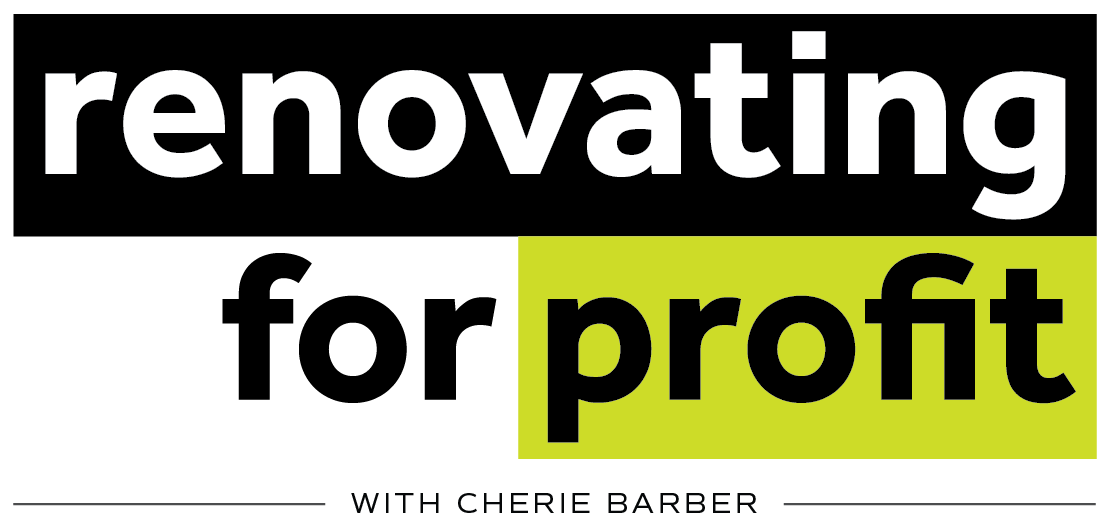What you can do when the banks say no
It’s no surprise that times are tough if you’re banking on a property loan. Lending criteria with banks have tightened up and record numbers of applicants are being turned down for a loan they probably would have easily secured five years ago, when the market outlook was a lot rosier. And before last September’s release of the financial services royal commission interim report.

However, all is not lost if you’ve been turned down for a bank loan. Perhaps you were ill-prepared with your paperwork and left out important information that could have helped your case. Perhaps you couldn’t prove enough savings and your spending habits need to be reined in.
A greater understanding of the lending criteria most banks use is a good starting point if you’ve been knocked back for a loan.
According to the Aussie home loans website, “banks no longer rely on benchmark estimates of household expenses as they once did. Instead, these days a lender is likely to ask for detailed information about the actual living expenses you pay to be sure you can comfortably manage home loan repayments.

“A new system of credit reporting, in place since 1 July 2018, means lenders can see what type of credit accounts you have, your credit limit and whether you have been paying loans back on time. Yet more than six out of ten Australians aren’t aware that lenders are now sharing more of their personal financial data.”
It’s a sign you need to be more vigilant and thorough than ever if you’re applying for a loan.
While every lender has a specific set of criteria they use to assess candidates (and are unlikely to reveal to applicants exactly what they are), you can reasonably rely on the fact the following will all be considerations.
what banks will assess you on
- Employment – Are you a full-time, part-time, self-employed or casual worker? How long have you been at your place of employment or had your own business? The more reliable and secure your income stream, the less risky you are in the lender’s eyes.
- Income – this is all sources of income, not just your regular job, so it includes things like dividends, rental income, allowances, overtime payments… basically all revenue coming in. At the end of the day, the bank wants to establish your total income is sufficient to comfortably service the loan.
- Credit score – you can easily check this for yourself online with companies like Illion, Experian and Equifax). Your credit history, including credit card payments, loans and any defaults, will all impact your score. Canstar lists 10 things that can destroy your credit score with banks. One of them is endlessly applying for balance transfers on your credit card. Another is applying for several credit cards or loans at once.
- Expenses – what your outgoings are each month, including both necessities and discretionary (non-essential) spending. By subtracting this from your income, they have an estimate of how much money you’ll have left to pay off a loan.
- Assets – banks consider these to include vehicles you own, shares, cash, your superannuation and any properties you have.
- Liabilities – basically all outstanding debts, such as any existing mortgages, car loans, credit cards or HECS debts. A word of warning: lenders look at the combined credit limit of all your cards rather than what you owe on them. So if you have a card you do not use, either cancel it or reduce its limit.
- Deposit – how much money do you have to put towards the property you want to buy? This can be a combination of savings, gifts, inheritance, etc. However, most lenders and banks want to see at least 5% percent coming from genuine savings – funds you have held in your account for at least three months. If you have less than 20% deposit, you’ll be up for lenders mortgage insurance (LMI), a policy that covers your lender in the event you default on your loan. “Generally, a big deposit shows the lender what a great saver you are – and this could increase the likelihood of your home loan application being approved,” ANZ states on its website.
- The amount you’re looking to borrow – size counts when it comes to getting a loan over the line. The amount you’re hoping to borrow can’t exceed the loan’s maximum loan-to-value ratio (LVR). LVR is the amount of your loan compared to the value of your property. It’s calculated by dividing the amount of the loan by the value of the property. For example, if the property is worth $250,000 and you have a deposit of $50,000, the LVR will be 80%. Brokers these days recommend clients have a big deposit, typically about 20%.

How to improve your next loan application
If you’ve been knocked back for a home loan it’s important to understand why, so you can then start to work on the obstacles. Below are just some of the steps you can take to bolster your chances of getting approved:
- Get a hold of your credit report and rectify any mistakes or black marks.
- Reduce your debts – offload credit cards you don’t need, pay down the ones you have, along with any outstanding loans. If you’re not in a position to pay off your debts, maybe see if you can consolidate debt or refinance to get a more favourable interest rate.
- Draw up a budget – try and find where the money leaks are. You want to be able to show your lender a record of genuine savings, and working out a budget is a good place to start.
- Get on top of your bills – and pay them on time!
- Have a comprehensive record of credit transactions and earnings. If you’re renting, show verified records of three months of rental payments. Be able to provide details of overtime, bonuses and commissions. Your lender will pounce on any signs of financial hardship.
- Get saving! The bigger the deposit, the more favourable your chances with banks. 20% is pretty much the benchmark today. Demonstrating 3 to 6 months of solid saving will show the bank you’re disciplined with money.
- If your income has been unstable and ad hoc, see if you can rectify this. Lenders want proof of a reliable and consistent income.
- Don’t apply for multiple loans. Every credit application you make shows up in your credit history, so don’t be a serial loan applier. This will be viewed in a very negative light by potential lenders.






